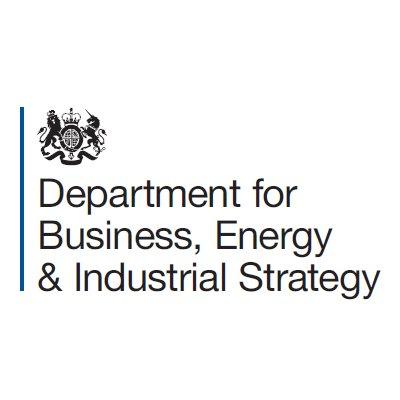Energy Security Strategy published
The government has published its Energy Security Strategy setting out how Great Britain will increase the use of diverse sources of homegrown energy for greater energy security in the long-term.
Alongside ambitions for increased use of wind, solar and hydrogen, the strategy will see a significant increase in nuclear reactors, with an ambition for around 25% of the country’s projected electricity demand to be met by nuclear power by 2050.
Other plans include:
- Cutting the approval time for new offshore wind farms and consulting with communities that wish to host new onshore wind infrastructure in return for guaranteed lower energy bills;
- Licensing new north sea oil and gas projects to launch this autumn;
- Launching a Heat Pump Investment Accelerator Competition to make British heat pumps, reducing demand for gas;
- Consulting on rules for solar projects to increase the UK’s capacity, and
increasing low carbon hydrogen production capacity by 2030, with at least half coming from green hydrogen.
New investment in future energy technologies
To support the Energy Security Strategy, the government has announced a £375 million package of support for innovative energy technologies.
The funding includes £240 million to support the production of hydrogen as a clean, low-cost fuel for industry, £2.5 million to develop next-generation nuclear technology and a further £5 million towards research into carbon capture.
This investment will support research, development and deployment of these technologies and reduce reliance on expensive fossil fuels.
New public body to boost energy resilience
A new Future System Operator is to be established to oversee the energy network and build security of supply, looking at Great Britain’s energy system as a whole, and integrating existing networks with emerging technologies such as hydrogen.
The FSO will draw on the existing capabilities of the Electricity System Operator and National Grid Gas, working with energy suppliers and networks to ensure continued security of supply for households and businesses.
The operator will take a whole-system approach to coordinating and planning the network, looking across electricity, gas and other emerging markets such as offshore wind networks, and carbon capture, usage and storage.

